Phan Rang–Tháp Chàm is two towns in one. Tháp Chàm to the west and Phan Rang to the east—they’re separated by the Phan Rang River. Around seven kilometres further to the east, on the beach front, lies Ninh Chữ. After jumping off the train on the Tháp Chàm side of things, it is to Ninh Chữ I direct my xe–om.
Maybe it is because the name is a mouthful, or because the sights are not that enticing, but few travellers stop here. This is a mistake. Yes the Cham towers aren’t the most amazing, and the city beach is a bit grotty, but the true appeal is the surrounds. I’m going to get onto the surrounds tomorrow though, as today’s tale is about the first time I visited here, in the mid 1990s.
Late light on Ninh Chữ beach. Photo: Cindy Fan.
Nga* is a Vietnamese returnee. Her immediate family fled the South following the North’s victory. They escaped by boat, first to Malaysia and then eventually settling in Australia. She was four when they fled.
Her father was a soldier in the South Vietnamese Army and they felt sticking around was not prudent. The family were living in Saigon when they decided to flee, but the extended family were all in Phan Rang–Tháp Chàm. Grandparents, cousins, aunts and uncles—they all stayed.
Life comes at you fast. Photo: Cindy Fan.
Fast forward to the early 1990s. Nga, now in her 20s and fresh out of university, decides to return to Vietnam. She wants to meet the extended family she never knew and wants to see the country she was born in. She is the first of her immediate family to return.
We meet one morning, as I am walking along what was then a mind–blowingly filthy municipal beach. Nga introduces herself and asks if I speak English. When I say I do, and that I’m Australian, the deal is sealed and we go for coffee.
By the time we meet, Nga has been in Vietnam for a few months—the homecoming is not what she expected. The way she explains it, the trip is about finding her roots and reconnecting with her family and country. She laughs, saying she learned how appropriate the term “uprooted” is. All my roots are gone, she says.
Watch out for old goats. Photo: Cindy Fan.
This is the first time I’ve knowingly met a returnee, and it is fascinating hearing about the jealousy from those who stayed behind. The family matriarch, a woman in her 80s, has been particularly difficult to deal with. Her father’s mother, she ridicules Nga’s accented Vietnamese without pause. The anger around a perceived lack of financial support from her son and his family is palatable.
I remember Nga saying how her grandmother didn’t understand how hard life in Australia was early on. She is thankful for the education and prosperity her new home provided her, but it was far from easy. Her parents worked hard. They learned the language, worked many jobs, and dealt with racism and discrimination daily. In the end, after many years, things worked out.
Rubbing salt in old wounds. Photo: Cindy Fan.
Yet this all matters nought to Grandma. The extended family, now, is doing ok by local standards, but the early years were hard. Very hard. I ask Nga, what did she expect?
She says she doesn’t know. She thought in returning, she’d be able to help, but the family here are a mix of farmers and low skilled labourers. She laughs that she knows how to eat rice, but not plant it. Nga has a business degree and thought she could help the relatives to become more prosperous. The resistance to any sort of input from her blew her away.
“I don’t know how many times I’ve been told ‘what would you know,’” she says.
Ninh Chữ beach was not always this clean. Photo: Cindy Fan.
I’m the first foreigner she’s seen since arriving in Phan Rang–Tháp Chàm. She tells me how she thinks it is a beautiful province. The beaches remind her of Australia with their emptiness, and of Vietnam with their dirtiness.
Later we walk, along the same fetid stretch of sand. I ask how long she is planning to stay. She’s not sure. She thought is would be easier. Her family were happy to see her—they dispatched a cousin to pick her up—but the welcoming smiles faded fast.
They thought I was bringing money or gold up, she says, I did bring some money, but it was not enough. It will never be enough.
Make an offering and hope matters improve. Photo: Don Morgan.
I ask does she feel more Australian or Vietnamese. I’m laughing when I ask, as her English carries a heavy Australian twang—far heavier than my accent.
She sighs.
“I was born here, so I will always be Vietnamese, but Australia will always be my home. It has taken this trip for me to understand this. My family here can be cruel, but I know, deep down, they are happy for my family in Australia. They just don’t know how to show it.”
Tomorrow: By the seaside
* Nga is a pseudonym.

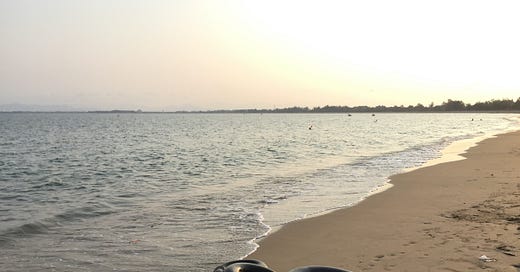






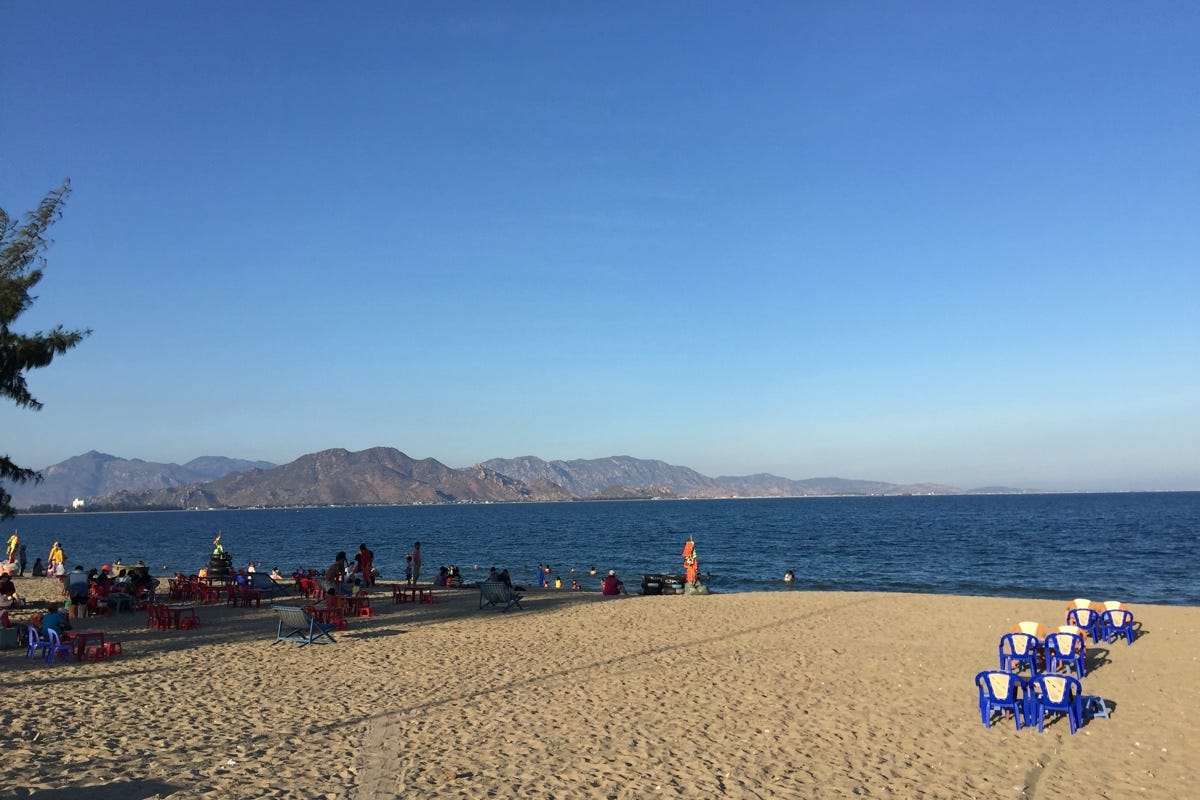
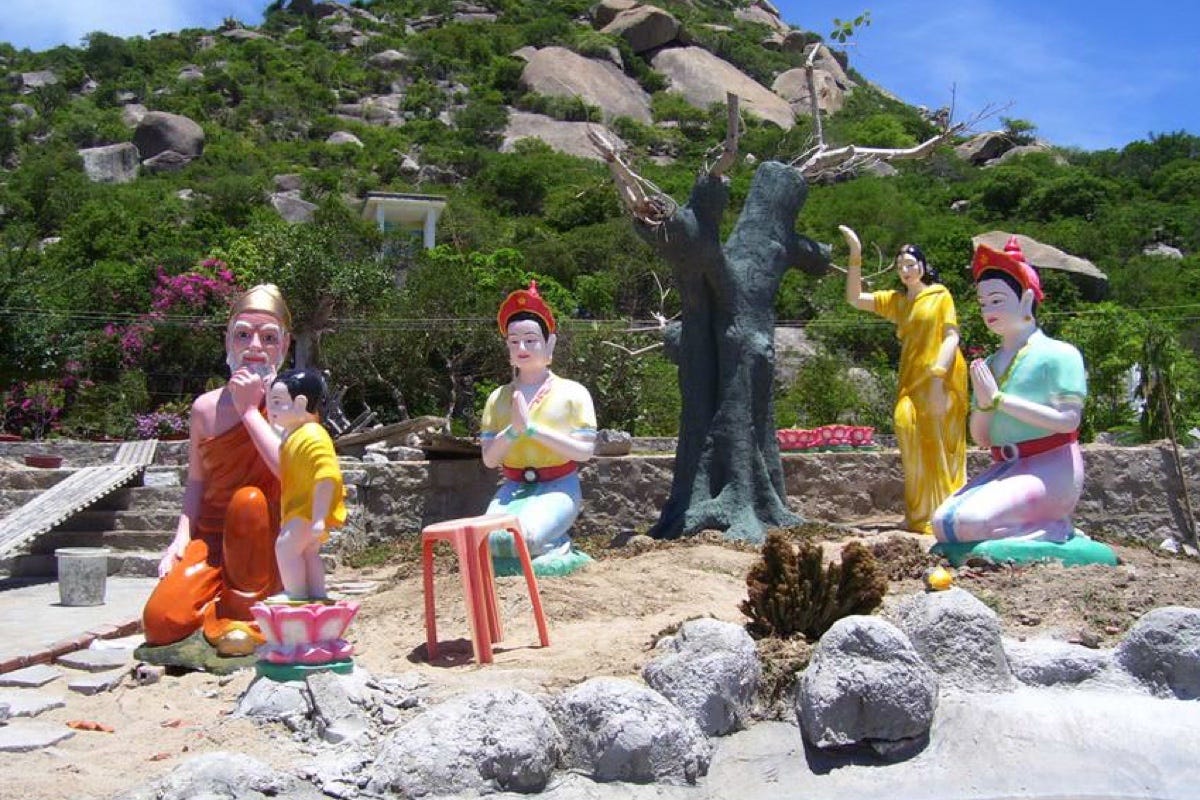

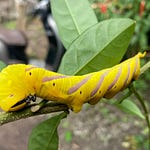
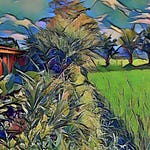

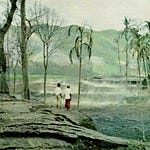

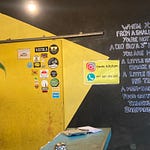
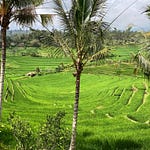

Share this post